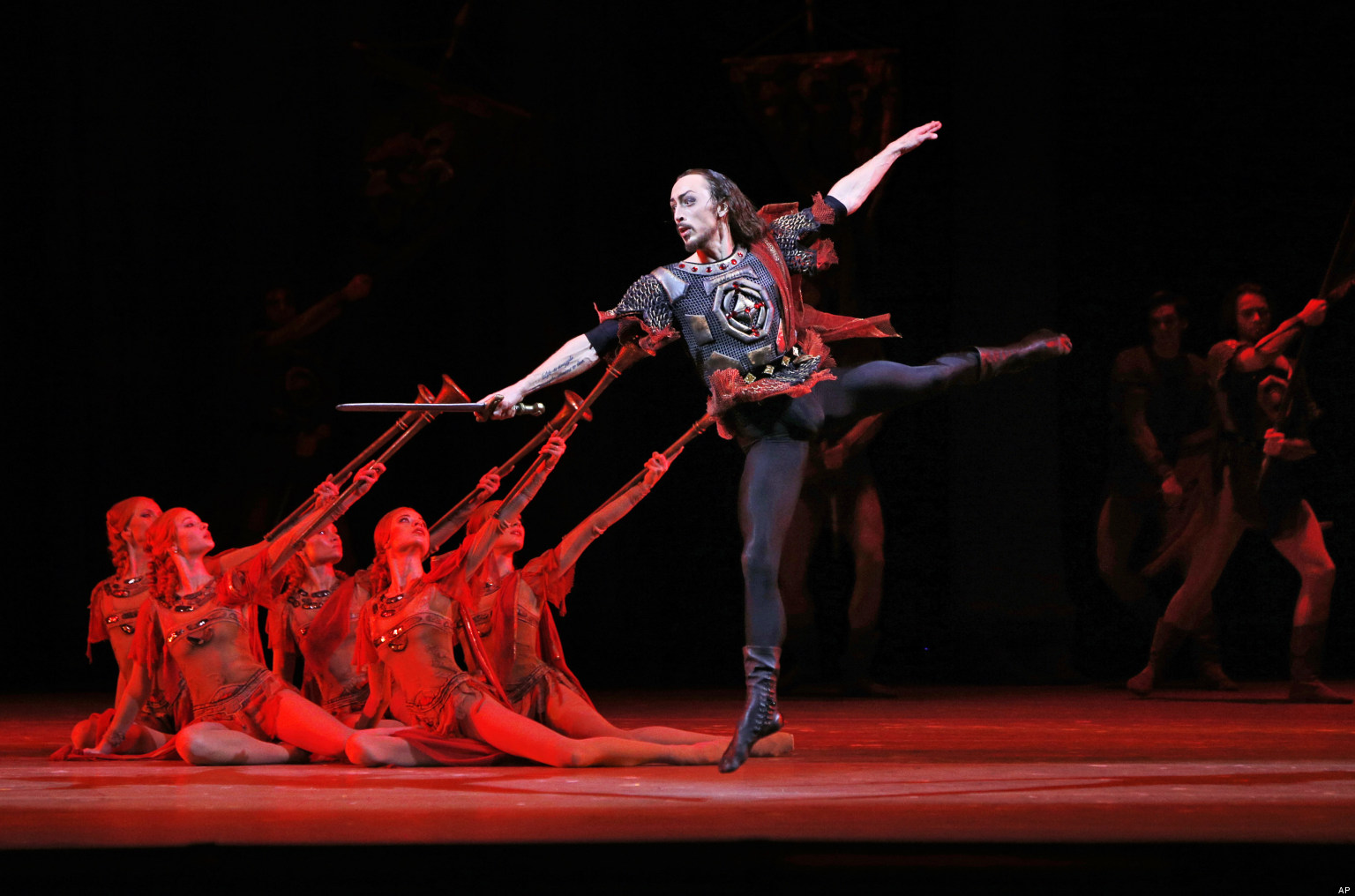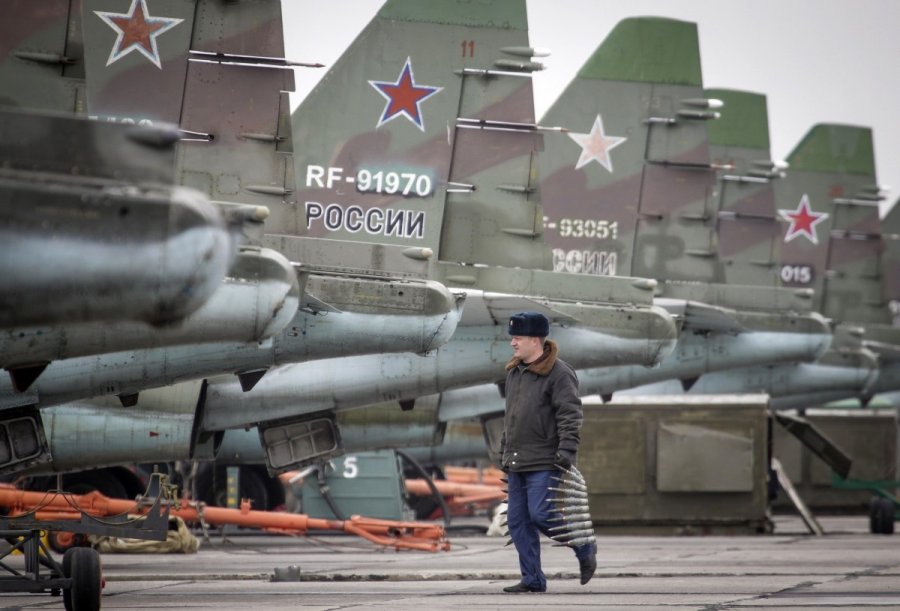By: Cecilia Moore

The ballet world is one filled with wispy, ethereal dancers who are admired for their beauty and grace, but hidden behind glittery costumes and demure smiles is an unsettling reality. For example, pointe shoes, which allow ballerinas to present their legs as an unbroken and elegant line, hide blistered and mangled feet. In addition to this satin slipper’s masking abilities is the stifling competition among dancers. An aging member in the corps de ballet who seems forever destined to play a peasant in Giselle’s background is passed over year after year for a solo. Then a young ballerina joins the company and is given the principal role of Giselle in her first season. This paradox of success and tragedy has fueled the public’s fascination with ballet over the years.
Due to the competitive environments their hierarchical systems foster, ballet companies are often teeming with gossip and intrigue. The Bolshoi Ballet in Moscow, one of the best ballet companies in the world, is known for being more scandal-filled than most, but things took an unprecedented turn when the Bolshoi’s artistic director was attacked last January. In the investigation and trial that ensued, a world was revealed that sounded as if it had been lifted from the deleted scenes of “Black Swan.”
Almost a year ago on the night of Jan. 17, 2013, the Bolshoi Ballet’s artistic director Sergei Filin returned to his apartment building after leaving the theatre. Arriving at his building, a man came up behind him and threw a mixture of sulfuric acid and urine into his eyes. Pavel Demitrichenko, one of Filin’s male soloists, quickly confessed to ordering the attack. Demitrichenko’s motives stemmed from anger towards Sergei Filin for refusing his ballerina girlfriend, Angelina Vorontsova, the leading roles he thought she deserved. This was in addition to disagreements between Demitrichenko and the director over fellow dancers’ meager salaries and the director’s artistic vision.
As turmoil and finger pointing were unleashed upon the Bolshoi this past year, a series of other controversies materialized. The first was the abrupt departure of one of their most celebrated dancers, prima ballerina Sveltlana Lunkina, who fled from Russia just two weeks after Filin’s assault to dance with the National Ballet of Canada. Svetlana’s husband is a documentary filmmaker, and he is working on a film about a celebrated Russian ballerina who had an affair with the country’s last tsar. Svetlana claimed that she and her husband had been receiving threats from high-ranked Russian officials related to his work and that she didn’t feel safe in Russia anymore. The dancer has yet to return to Moscow.
And then there was Joy Womack. Joy first caught the attention of the U.S. public in 2010, when The New York Times ran a piece on her tenure at Bolshoi’s dance academy. Joy was the first U.S. citizen to graduate from the school. She then joined the ballet’s ranks as a member of the corps. Many on this side of the pond have followed her career closely with the hope that she would become a prima ballerina with the Bolshoi at some point. As such, it came as a complete shock in November 2013, when Joy quit the Bolshoi to join a smaller and less prestigious Russian dance company. The dancer claimed that she quit because she was being paid only $700 a month, and that she was told that in order to get solos she would need to pay the right bureaucrats $10,000 in bribes. A troupe of dancers and teachers at the Bolshoi immediately refuted her claims and said that her lack of roles was due to the fact that she was struggling to remember the choreography in practices and performances.
The Bolshoi Ballet is no stranger to cries of corruption. The ballet’s theatre was closed from 2005-2011 for renovations. The project lasted three years longer than expected and ended up costing nearly $700 million, which was over 16 times the original budget. Court trials are currently being conducted to determine where large portions of this money went. In 2003, Anastasia Volochkova, a principal dancer with the Bolshoi, was fired for being too fat. Volochokova claimed that this was an unjust firing, and sued for emotional damages. She publically stated that Bolshoi directors told young ballerinas that in order to further their careers, they should become sexually involved with the theatre’s wealthy patrons. The director of the ballet admitted later that it was a common practice for promising ballerinas to “befriend” donors and oligarchs in order to increase their prominence and salaries; however, he claimed that this is not forced upon any dancer.
After the company’s whirlwind of a year, the Bolshoi is trying to reconstruct its image and pick up the pieces. A new artistic director has not been appointed to the company, because they are waiting to see if Filin will recover enough of his eyesight to return to the ballet. In light of the corruption related to the repairs, the managing director has been fired and Vladimir Urin was brought onboard to take his place in early December. Demitrichenko, who swore during the trial that he had paid a man to physically assault Filin — not throw acid on his face — received six years in prison; the man who carried out the attack received 10 years, and his accomplice was handed a four-year sentence. Nikolay Tsiskaridze, who was a teacher and dancer with the Bolshoi ballet, was fired in October. He was the loudest supporter of Demitrichenko and Angelina Vorontsova within the company and the fiercest rival of Sergei Filin. Vorontsova resigned in protest the same day.
David Remnick of the New Yorker recently said that, “the country’s two principal stages—the Mariinsky, in St. Petersburg, and the Bolshoi, in Moscow—have acted as microcosms of imperial Russia, Soviet Russia, and, now, Vladimir Putin’s Russia.” Though the government has always supported the Bolshoi, it is a large part of the company’s woes. The Russian bureaucracy is sapping the company of funds and is taking advantage of their dancers. The change in leadership is a positive first step for the company in moving away from the danger it has been courting, but now the Bolshoi needs to find a way to support its dancers financially. Demitrichenko’s actions were immoral, but it is important to note that they were at least partially fueled by a desire to increase his girlfriend’s position in the company and ultimately her dismal paycheck. This is the fault of the company. Furthermore, dancers should not have to find older, wealthy patrons to support them. At the unveiling of the new Bolshoi Theatre in 2011, Russia’s Prime Minister Dmitry Medvedev said to the glittering crowd of celebrities and politicians that, “We have, of course, a very big country, but one with a small number of unifying symbols, so-called ‘national brands’. The Bolshoi is one of our greatest national brands.” Now is the time for the country’s government and the company’s leadership to treat its dancers with as much respect as they afford the brand they cherish.


